Geothermal Energy – the Application Potential at the Golan Heights

To assess the feasibility of deriving benefits from geothermal energy in the Golan heights, the Samuel Neaman Institute convened a stakeholder forum to discuss the geothermal geo-physical potential, possible applications, policy requirements, and environmental considerations. Participants included representatives from the Geological Survey of Israel, the Ministry of Energy, the Water Authority, the Ramat Golan Regional Council, and various Israeli companies whose operations are based on heat energy—such as Ormat, Enogia, OASIX, among others.
Book launch event for Prof. Meirav Aharon-Gutman’s book – “Standing on Their Own: On Urban Sociology and Mizrahiyut in Israel”

This report presents the proceedings of a conference held to mark the launch of Prof. Meirav Aharon-Gutman’s book, Standing on their own : on urban sociology and Mizrahiyut in Israel (2025).
It includes not only congratulations and commendations for the author and her work, but also a series of lectures by leading scholars addressing the book’s central themes.
Assessment of the Environmental Conditions within the Arab Community
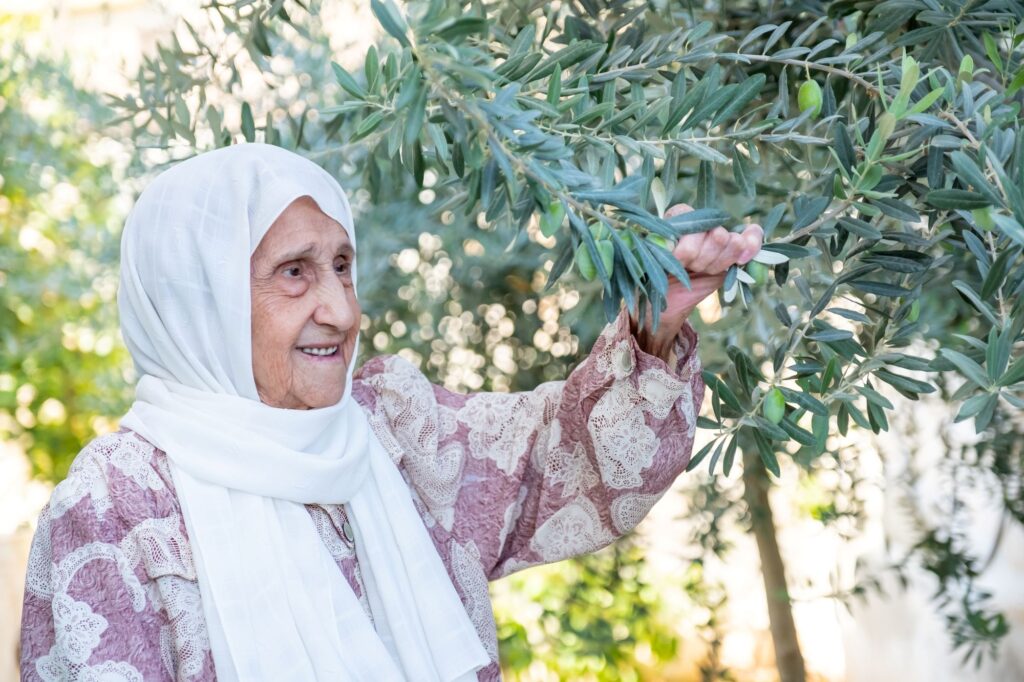
The purpose of this review of the environmental status within Arab authorities is to identify success stories, key challenges, and opportunities for change in the environmental landscape of the Arab community, particularly in the areas of sustainable development and environmental infrastructure.
Food Security 2050 – Economic-Environmental Assessment
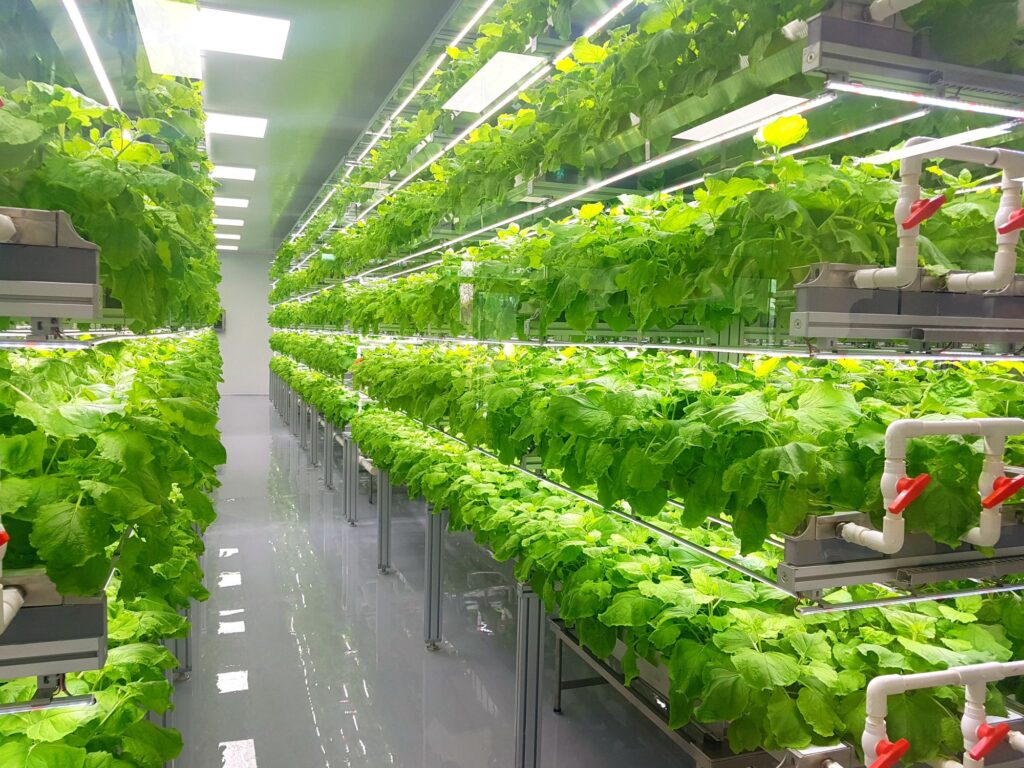
The report analyzes these three central challenges in shaping food security in Israel and the interdependence among them. Thus, the reliance of processing methods on resource management, focusing on the availability and quality of land and water by 2050; the impact of land and water availability, that depend on climate change, on the quantity and quality of food, and especially the production of animal feed and protein; and lastly, the impact of the shift in dietary preferences and demand for various food types on local production volume, resource management, processing methods, and the feasibility to establish food security in Israel.
Guidelines for Applying Quantitative Shade Indicators in Urban Planning in Israel
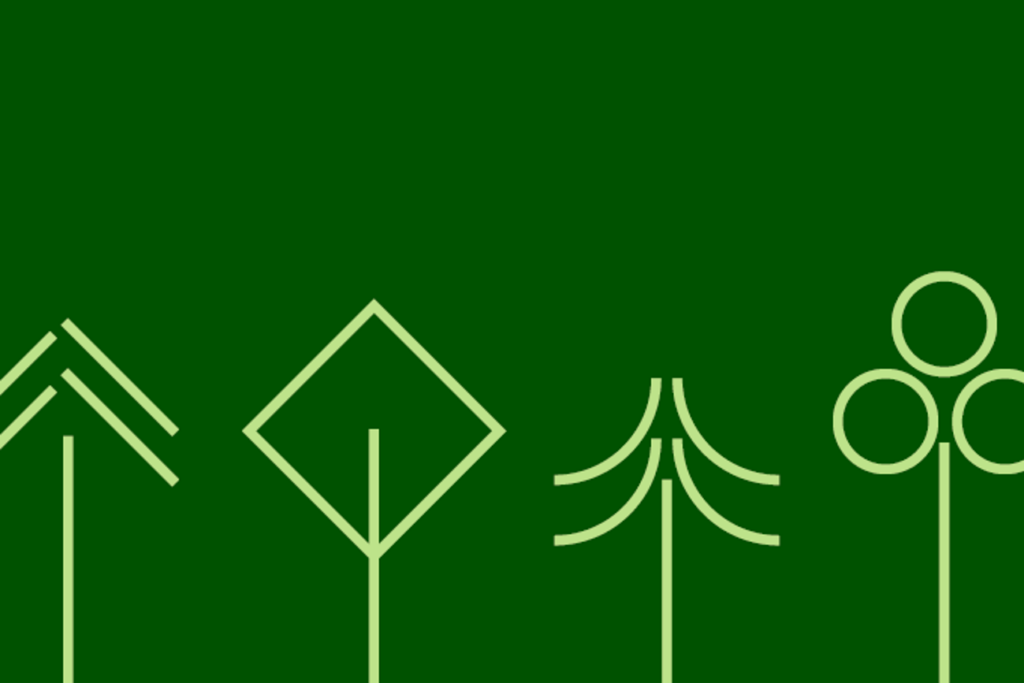
Roadmap and Key Steps for Non־Animal Protein (Plant and Alternative) Towards Israel’s Food Security 2050

The report examines the role of non-animal proteins (plant-based and alternative) in securing Israel’s food supply by 2050. With population growth, environmental challenges, and reliance on imports, strengthening domestic production of non-animal proteins is crucial for reducing vulnerability to climate and global supply chain disruptions.
“Scenarios and National Goals for Food Security in 2050” a Second Interim Report Within the Israel 2050 Food Security Project
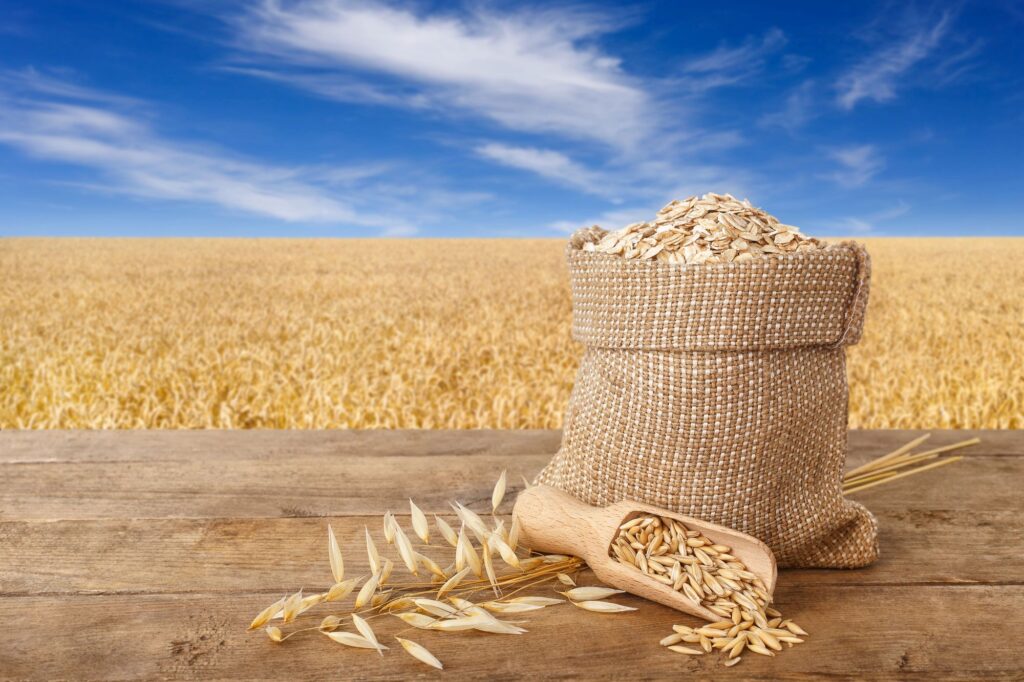
This interim report is part of the process of shaping Israel’s national food security policy for 2050. The report focuses on proposing reference scenarios that influence food security in Israel and deriving goals and objectives for action, with an emphasis on three key dimensions: climate, demographics, and dietary patterns. These dimensions significantly impact the ability to ensure the availability, accessibility, and quality of food sources over time, both during routine periods and in emergencies.
The Impact of an Airport in the Jezreel Valley on Agriculture and Food Security in Israel
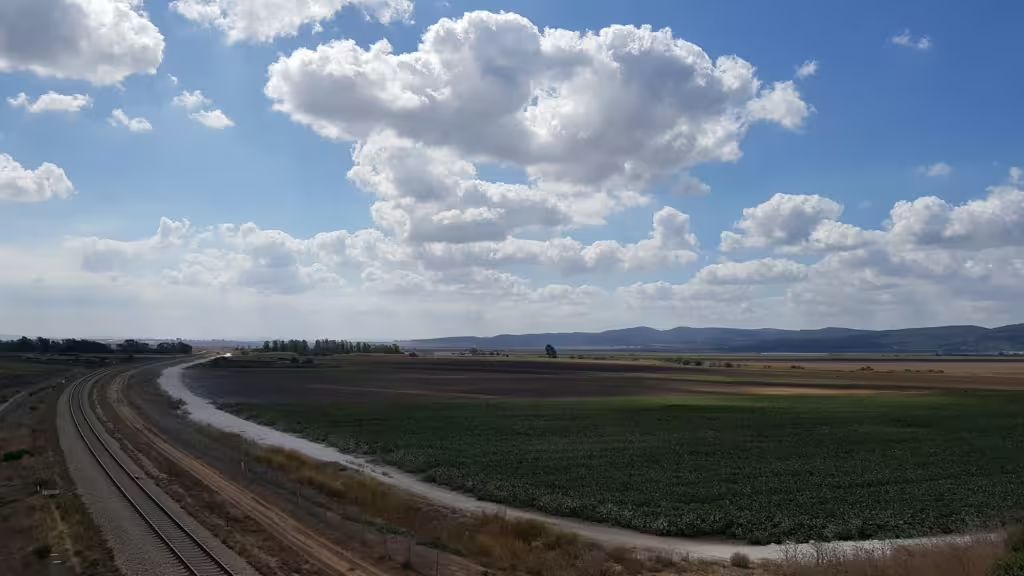
The aim of this paper is to assess the potential impact of establishing an airport in the Jezreel Valley on regional agricultural production, the local economy and livelihoods dependent on agriculture, and the supply of food and food security for the broader Israeli public.
Fuel with falafel frying oil or stream processed waste to the engine – the black liquid cheap substitutes
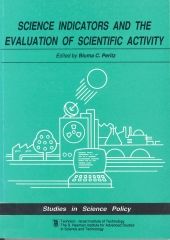
Burning Trash and Generating Energy from Industrial Waste

The publication contains translation and transcript of lectures on the subject of Industrial combustion of waste, and also treatment of liquid industrial wastes.
